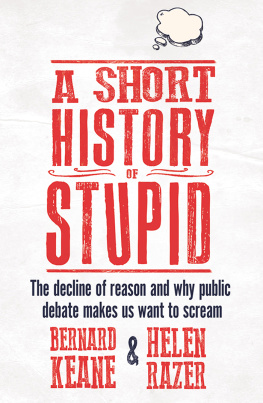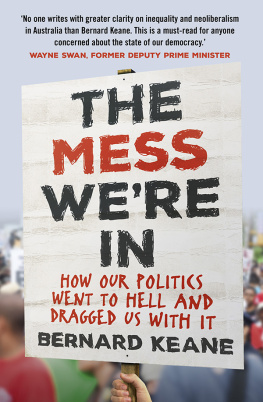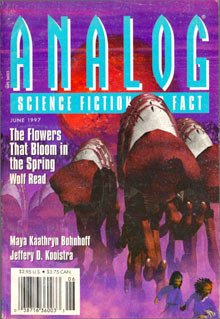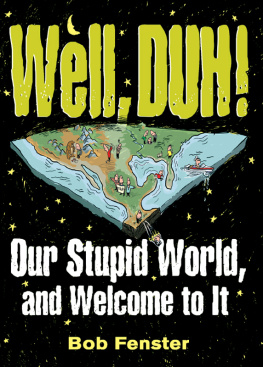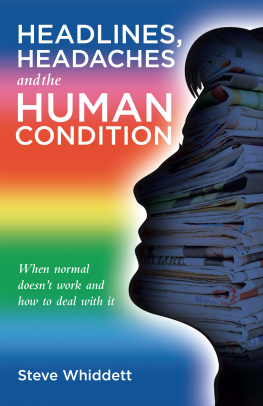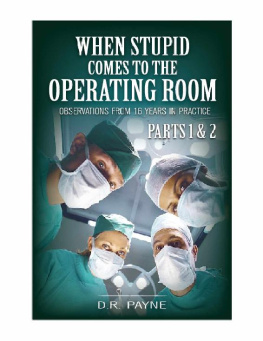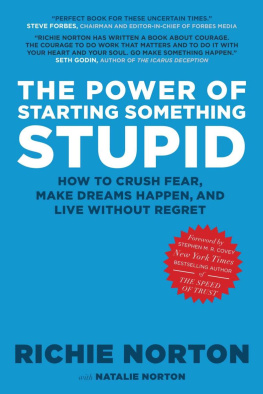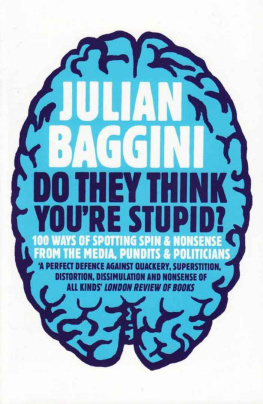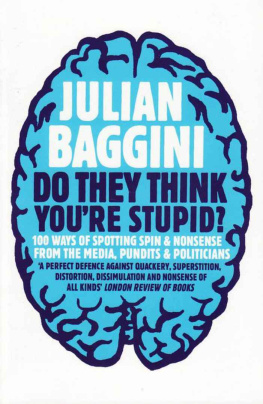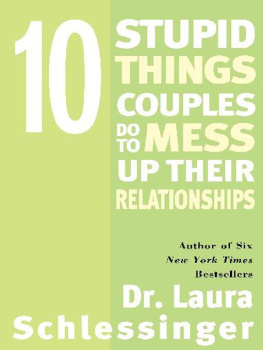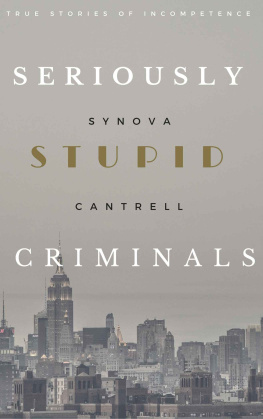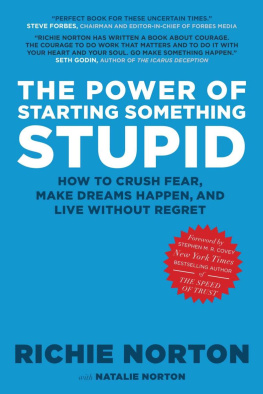Bernard Keane has been Crikeys correspondent and politics editor in Canberra since 2008, writing on politics, media and economics. He was educated at the University of Sydney, where he studied history and failed to meet Helen Razer, who was there at the same time. Before joining Crikey he was a policy adviser and speechwriter in transport and communications. He is the author of the ebook War on the Internet and an incessant torrent of analysis, reportage and commentary on politics and public policy for Crikey.
For more than two decades, Helen Razer has been broadcasting and writing her way into disagreements of various scales. For much of the 1990s she presented the breakfast program on ABC radios youth network with her non-biological brother, Mikey Robins. She makes occasional returns to professional broadcast but is now better known as a somewhat peevish columnist. She has been employed as a contributor by The Age and The Australian, and is now a columnist on dissent with Crikey and a gardening correspondent for The Saturday Paper. Helen has produced four previous books of humorous nonfiction, had a rest and returned to collaborate with her friend Bernard Keane to write her only serious work to date. Her frequently published thoughts on the impotence of current public debate are extended in A Short History of Stupid.

First published in 2014
Copyright Bernard Keane and Helen Razer 2014
All rights reserved. No part of this book may be reproduced or transmitted in any form or by any means, electronic or mechanical, including photocopying, recording or by any information storage and retrieval system, without prior permission in writing from the publisher. The Australian Copyright Act 1968 (the Act) allows a maximum of one chapter or 10 per cent of this book, whichever is the greater, to be photocopied by any educational institution for its educational purposes provided that the educational institution (or body that administers it) has given a remuneration notice to the Copyright Agency (Australia) under the Act.
Allen & Unwin
83 Alexander Street
Crows Nest NSW 2065
Australia
Phone: | (61 2) 8425 0100 |
Email: | info@allenandunwin.com |
Web: | www.allenandunwin.com |
Cataloguing-in-Publication details are available from the National Library of Australia
www.trove.nla.gov.au
ISBN 978 1 76011 054 3
eISBN 978 1 74343 723 0
Typeset by Post Pre-press Group, Australia
Contents
HR
BK
HR
BK
HR
BK
BK
HR
BK
HR
BK
HR
IntroductionWe dont know what we are doing
There is no such thing as a Stupid question. Whoever said this never worked in a shop, read a celebrity interview by a Murdoch journalist or had a conversation of any length with an actual adult human. Stupid questions are asked with all the restraint a snowboarder might show in front of a bong. Which is to say, none at all and please dont bogart my mull.
Naive or tedious or genuinely curious questions are not the problem. Why is the sky blue? What is particle theory? When is a polite time to tell my idiot right-wing uncle to get fucked? Questions that seek an answer are, in fact, in short supply.
If ignorant questions were commonly asked of people who know things, then we wouldnt be writing this book. We would be living in an intellectual utopia that provided material comfort to all, a solution to climate change and a convenient alternative to dental floss. Instead, we exist in an era of blundering know-it-alls who have just one question, and they ask it of themselves: Quick, what do I say so that no one finds out I am Stupid?
Weve all but given up on facts, as any prominent discussion on climate change can attest. Facts do not matter. They have been eclipsed by opinion. And this is bad enough in itself. But it is not just that we feel entitled to our opinion, as nearly everybody does. We are obliged to have an opinion. Like a smart car or a nice job, an opinioneven and especially one untroubled by recourse to factshas become a motif for strength and success.
An opinion is empowering. An opinion is a sign of high self-esteem. An opinion is the most hotly traded currency in all social networks, a requirement for dinner guests and the thing that now fuels traditional media.
Facts, in fact, have become a sort of optional extra. Even news providers have become candid about the departure of facts from their content. Facts are now presented as a curio at the end of broadcasts in a special fact checking segment. This is not an encouraging moment showing journalisms dedication to its trade but a frank admission that everything previously said was not a fact but an opinion.
There was a time where we were not uncomfortable answering I dont know if asked for our opinion on the Middle East, superfoods or early childhood development. Now, we would rather say one state solution or acai berries are great for the libido or little Harrison is showing signs of great executive function in the painting he made with his own shit than nothing. Because were all experts.
Although. Perhaps you, like us, suspect that you are not an expert. Perhaps you dont know what to do in Palestine. Perhaps you dont want to pay forty dollars a kilo for dried fruit. Perhaps you think your child needs to stop playing with his own waste. Perhaps you see all this opinionated bluster as the worst kind of Stupid.
What you know is that you do not know. What you see is that you cannot see. What you refuse, unlike the chipper and the mindful and the smug, is to believe the myth of total enlightenment. The false pleasure of easy illumination is something you can no longer allow.
In other words, youre in a bit of a muddle. Of course, most everybody is. But many of them believe that they have found a way to the light and, worse still, some of them dont even notice the darkness.
Its perfectly fine to find yourself in the dark. It is okay to feel benighted by the bedlam moon that everyday lunatics mistake for the light of reason. So, in our look at present-day Stupid and how we got here, lets agree that we dont know everything.
Lets agree that the sun of rational thought is yet to fully rise. Lets try to bask in its first rays as we break the illusory two-watt globe of false enlightenment. In other words, let us dare to shine a light on our most forlorn attempts to shine a light. And then, perhaps, we can stop these ceaseless and clumsy enlightenment metaphors. What is this, a book on the history of poor Western thought or a lighting catalogue?
What you may happen to expect from a crabby book that tests your patience and consistently asks you to ignore its bad mood is the reward of hope; of hope for a world without Stupid. For this, we offer an advance apology as sincere as crabby authors can produce. Its best you lose hope right now.
Oh, come on. Surely you never expected hope, change and the deceit of the promise of wisdom? If you did, youd be setting your intention for the day in your lululemon Pilates pants and drinking from the well of homeopathic opinion.

